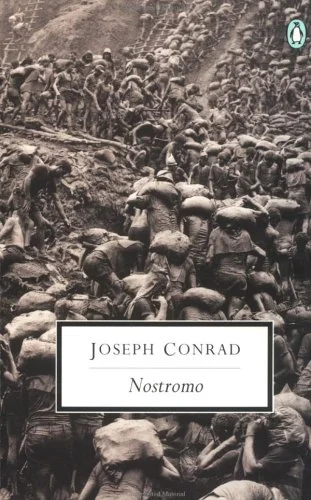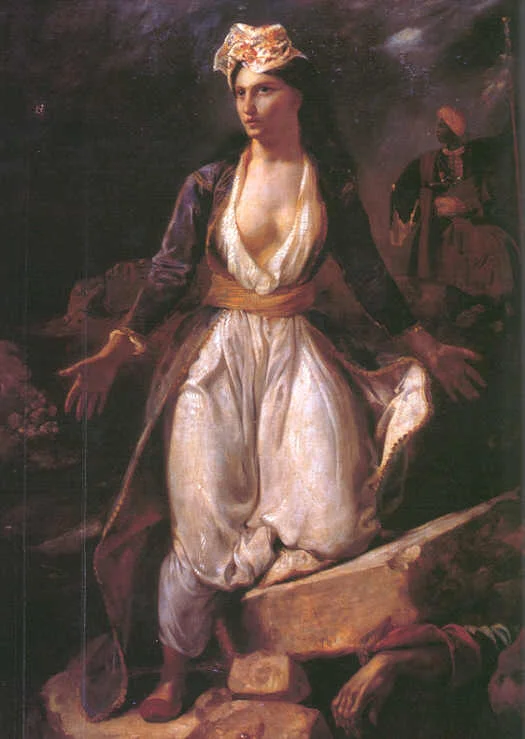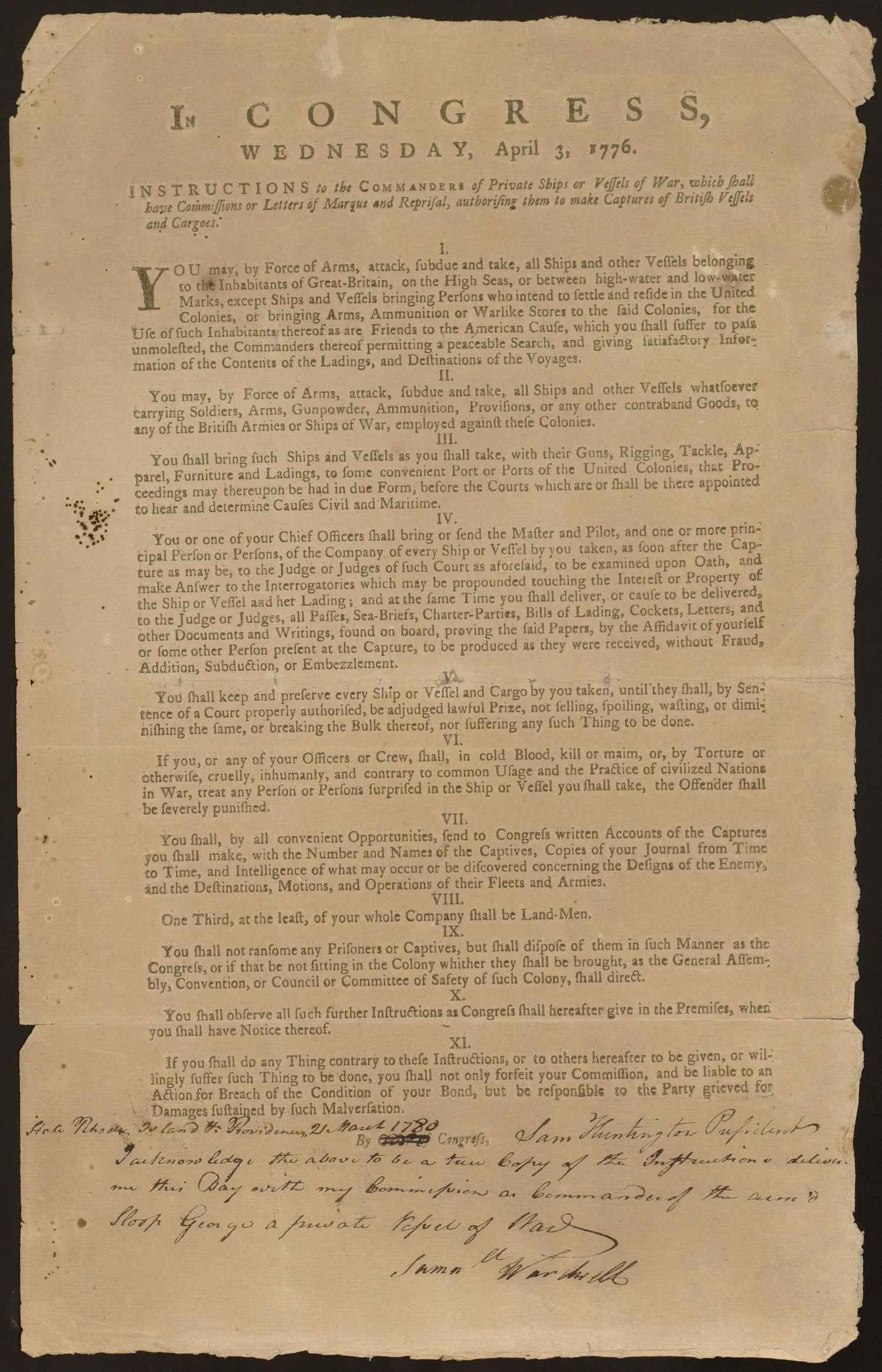
‘Strangers with Knives between their Teeth’: Framing the Mercenary in International Law - Katherine Fallah (UTS)
This seminar focuses on framing mercenary violence in the context of the use of force, taking up Judith Butler’s call to treat the frames of war as ‘politically saturated’, and as ‘operations of power’. First, it traces the dominant and hidden narratives of mercenary violence from 1945 to the present day, arguing that these narratives entail specific framing choices that are themselves operations of power concerned with privileges in war. Next, it addresses the productive effects of the various framing choices. Finally, it traces the ways in which the framing of commercial violence in civil war and revolution has helped to shift broader contests over the permissible and impermissible recourse to force, blurring the boundaries between armed conflict and policing, or war and humanitarianism. It shows that the framing of mercenarism goes to the very heart of modern contests over the legitimacy of the recourse to violence in international law.


























